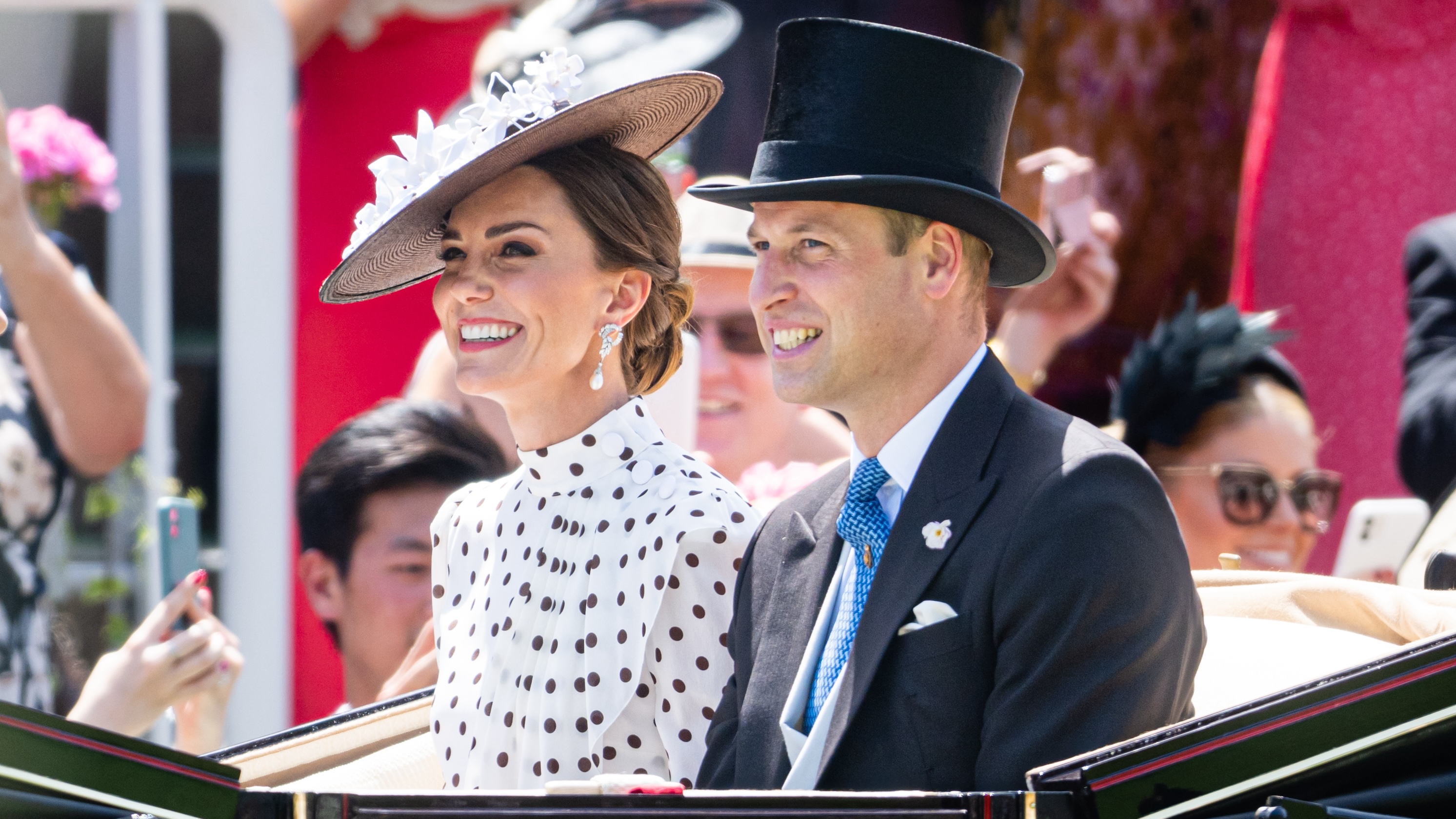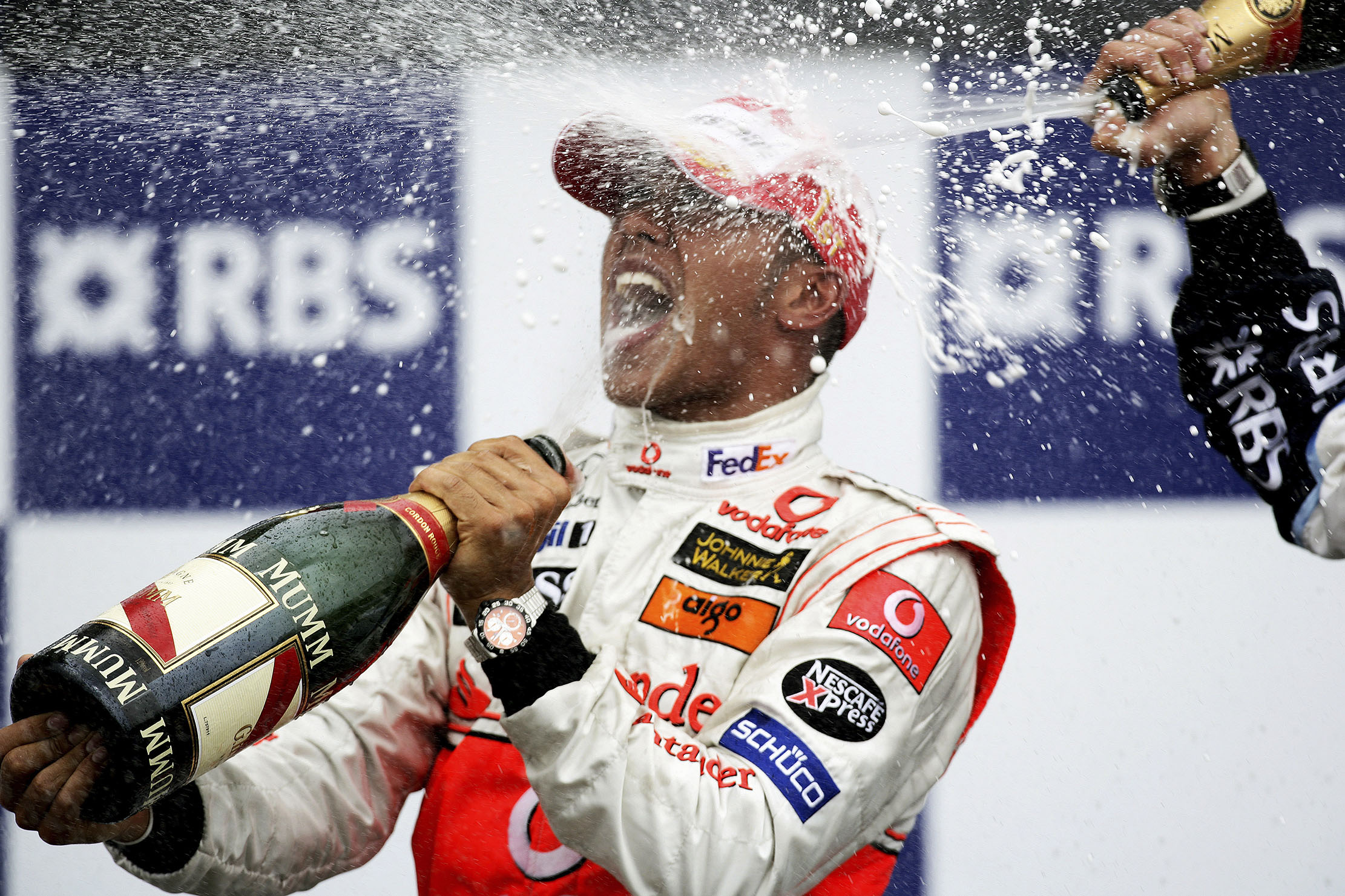A waterlogged summer
Carla watches the rain continue to fall on her farm and considers how important drains levees and barriers are to become in the future


The letter from Berry Bros in the morning's post begins: 'Al fresco dining is always such a special treat and you'll find everything you need to have a great summer in our Entertaining this Summer mixed case.' Chairman Simon Berry goes on to persuade me that the 'fresh, zingy white wines' and the fruity reds are perfect summertime drinking. I know times are hard for the vignerons who have a lot of fresh, zingy white wine in their cellars. But these are not fresh and zingy times. This is a summer by Chekhov, the endless rain making us feel plotless and disconnected, even if we have been spared the random cruelty of floods. Alfresco is another country.
Every evening, I put on wellies and walk across the muddy fields. The leaves of the potatoes still glisten, but who knows what's going on beneath. The barley has lost its feathery beauty. The oil-seed rape is ready for harvest, but the tractors would sink in the sodden fields. My husband agonises over the vulnerable grey partridge chicks while I dwell on the farm overdraft. We are paying off the loan for the reservoir we built last summer, an investment in the farm's infrastructure that will allow us to irrigate 150 acres of vegetables, but this summer, we haven't irrigated once. Standing in the rain by the vast watery stadium, I think of a line from The Three Sisters: 'It's curious that we can't possibly tell what exactly will be considered great and important, and what will seem paltry and ridiculous.' The reservoir, which seemed so important this time last year, looks faintly ridiculous.
Watching the evening news of flooded homes and 30,000 homeless people makes other regrets a failed crop of sweet peas, a condensed season in the rose garden, a reservoir filled but unfulfilled seem paltry. My nostalgia for the smells of summer new-mown grass, fresh bales of hay sinks under the memories of the smell of flooded houses: the smell of rotting everything. Even when all the water has gone, the putrid air remains. Longing for the smell of hay seems like lighting a Diptypque candle in the dark.
One evening early in my marriage, I found myself seated next to the Duke of Grafton at a dinner. He had recently returned from a trip with one of his daughters along the Mississippi River and was obsessed by the flood of 1927. He knew the history and the science of that great natural disaster, but one thing baffled him: why did people build their houses next to a savage, unpredictable river?
But, since time immemorial, people have settled on river banks. For almost as long, they have built levees that keep the place from flooding. The levees and flood barriers, their modern equivalents seem great and important at the time they're built, but a few dry years and the folks who spend our money begin to think that it's ridiculous to spend on something that may never happen. Few people are as pragmatic or prophetic as the duke, who was not seduced by New Orleans because he was so mystified that a city was built on land 5in below sea level, between the world's widest river and a vast lake.
Talk of flood control will not console those now waiting for insurance adjusters to place a value on everything they own. And what price the panic, the desperation and the suffering? As sea levels rise, our drains and ditches, levees and barriers will be ever greater and important. Governments who do not invest in them will look paltry and ridiculous.
Sign up for the Country Life Newsletter
Exquisite houses, the beauty of Nature, and how to get the most from your life, straight to your inbox.
Country Life is unlike any other magazine: the only glossy weekly on the newsstand and the only magazine that has been guest-edited by HRH The King not once, but twice. It is a celebration of modern rural life and all its diverse joys and pleasures — that was first published in Queen Victoria's Diamond Jubilee year. Our eclectic mixture of witty and informative content — from the most up-to-date property news and commentary and a coveted glimpse inside some of the UK's best houses and gardens, to gardening, the arts and interior design, written by experts in their field — still cannot be found in print or online, anywhere else.
-
 'The watch is Head Boy of men’s accessorising': Ginnie Chadwyck-Healey and Tom Chamberlin's Summer Season style secrets
'The watch is Head Boy of men’s accessorising': Ginnie Chadwyck-Healey and Tom Chamberlin's Summer Season style secretsWhen it comes to dressing for the Season, accessories will transform an outfit. Ginnie Chadwyck-Healey and Tom Chamberlin, both stylish summer-party veterans, offer some sage advice.
-
 Lewis Hamilton, Claude Monet and the Four Horsemen of the Apocalypse: Country Life Quiz of the Day, April 29, 2025
Lewis Hamilton, Claude Monet and the Four Horsemen of the Apocalypse: Country Life Quiz of the Day, April 29, 2025Tuesday's Quiz of the Day looks back at Lewis Hamilton's first win and ponders on the meaning of greige.